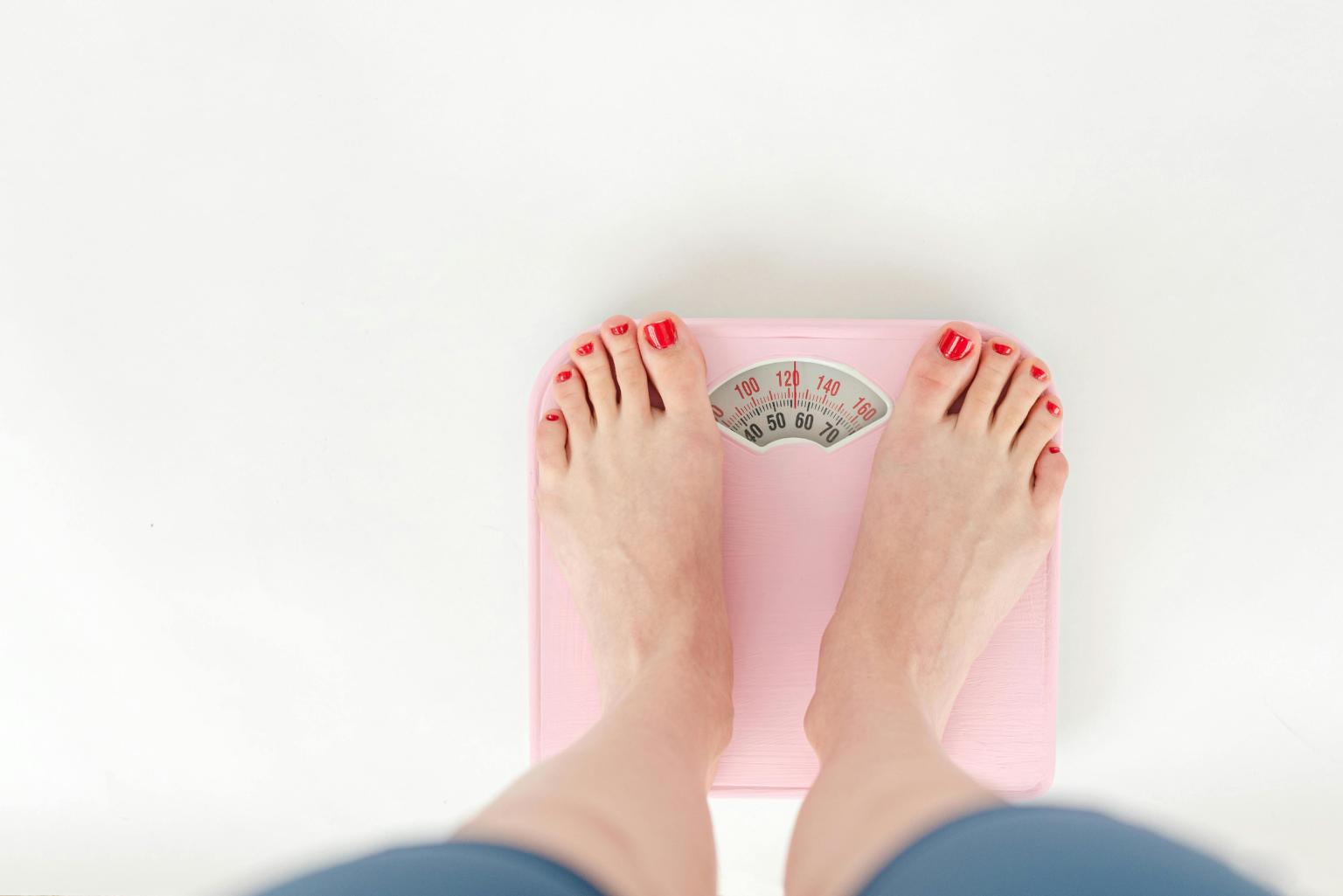Modern Weight Loss Tools That Actually Work
Losing weight today looks very different than it did a decade ago. You no longer need a strict diet plan or endless hours at the gym. Technology, medical advances, and better tools make it easier to stay on track without turning your life upside down. The best results come from consistency, not intensity, and modern tools are built to help with exactly that.

Smarter Tracking That Builds Awareness
The most effective weight loss routines start with paying attention. Apps like MyFitnessPal and Lose It! let you log meals and workouts in minutes. Tracking helps you see patterns instead of guessing where progress stalls.
Wearables like Fitbit and Apple Watch do the work automatically. They track steps, heart rate, and sleep, creating a clear picture of your habits. For people who like structure, programs such as Noom or WW add coaching and accountability. The goal is to make progress visible because visible progress keeps motivation alive.
New Medications Changing the Game
Prescription options known as GLP-1 medications have opened new doors for people who struggle to lose weight through diet and exercise alone. These drugs mimic natural hormones that control appetite and blood sugar, helping reduce cravings and portion sizes. According to WebMD, patients using GLP-1 treatments can see measurable results when paired with healthy habits.
Names like Ozempic and Wegovy have become familiar, but these are prescription only and must be monitored by a healthcare professional. They are not shortcuts. They are tools that make balance easier to achieve.
Making Movement More Sustainable
Exercise does not need to mean boot camps or crowded gyms. The Harvard Health team recommends about 150 minutes of moderate activity per week, and that can look like short daily walks, stretching, or home workouts.
Compact gear like Bowflex Max Trainer or Tempo smart weights fit easily into small spaces, while streaming options such as Apple Fitness+ or Peloton bring guided classes right to your living room. The easier it is to get started, the more likely you are to stay consistent.
Eating Smarter, Not Less
Meal planning has evolved too. Apps like PlateJoy and Mealime simplify nutrition by building recipes around your preferences and creating instant grocery lists. Ordering through Instacart or HelloFresh keeps healthy options in your kitchen without the decision fatigue that leads to takeout.
Small, balanced meals with enough protein and fiber make a bigger difference than aggressive calorie cuts. Consistency, not restriction, leads to sustainable change.
Recovery and Rest
Sleep plays a bigger role in weight management than most people realize. The Sleep Foundation notes that poor rest disrupts hormones that control hunger and metabolism. Going to bed at the same time each night and reducing screens before sleep can improve recovery.
Stress management matters too. Short mindfulness sessions through Calm or Headspace help lower cortisol levels, which can make it easier to maintain healthy habits.
The Bottom Line
Modern weight loss is not about discipline alone. It is about using better tools. Apps, wearables, new treatments, and guided plans exist to make progress easier to track and maintain. The tools you choose do not need to be expensive or complicated. What matters most is that you use them consistently and give yourself time to see real results.
Sources
WebMD
Harvard Health
Sleep Foundation
